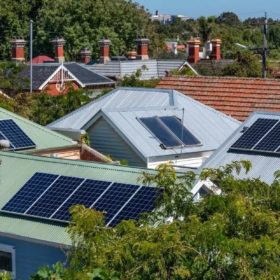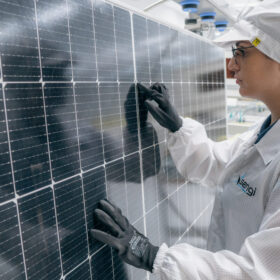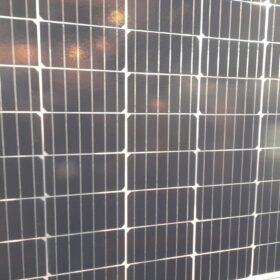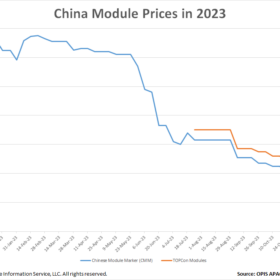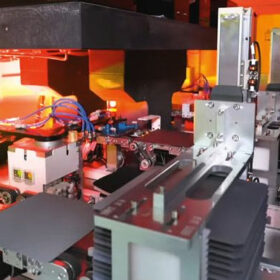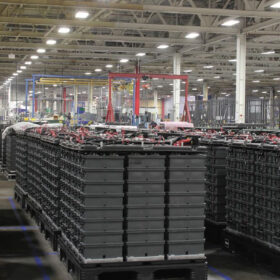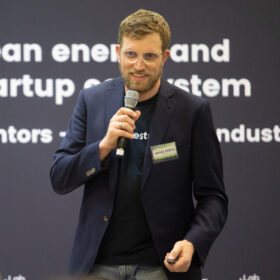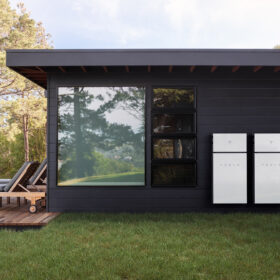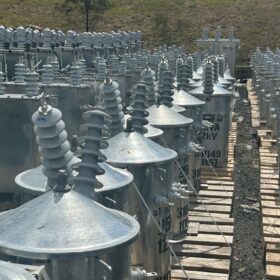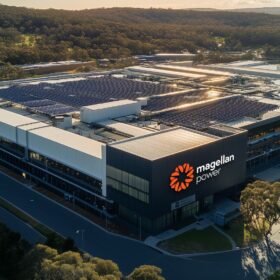The extraordinary story of rooftop solar in Australia’s National Electricity Market
The sun is shining, the weather is sweet. In this Opinion and Analysis piece, Lumi Adisa, Director of Energy Market Analytics at NEOM and ex-Investment Director of Energy Markets at Octopus Investments Australia, presents a deep dive into the unprecedented impact of rooftop solar in the NEM. As rooftop solar continues to drive changes in the intraday demand and price trends, it is evident that customers will remain a significant part of the energy transition for years to come.
Adaptation to climate change is a vital discussion we need to have
While mitigation remains the best strategy, Amy Steel argues it is now vital to start having frank discussions around climate adaption.
With China PV modules reaching record low prices, is there a chance for local PV manufacturing elsewhere?
From the International Solar Energy Society’s perspective, and the vision of a world with 100% renewable energy for everyone used wisely and efficiently, PV module production should not become an oligopoly and should not be concentrated in one corner of the world.
Future of long-term energy storage isn’t about lithium, it’s about battery supply chains
Dr. Thomas Nann examines the benefits and limitations of lithium-ion batteries, imploring Australia to embrace disruptive innovation, not incrementalism.
PERC inventor from UNSW discusses the future of the technology
University of New South Wales academic Aihua Wang is the first female recipient of the United Kingdom’s Queen Elizabeth Prize (QEPrize) for Engineering, after sharing the 2023 award with Andrew Blakers, Martin Green, and her husband Jianhua Zhao for their work developing the passivated emitter rear contact (PERC) solar cell. pv magazine caught up with her to ask about the achievement.
China module prices hit new record lows, operating rates estimated around 60%
In a new weekly update for pv magazine, OPIS, a Dow Jones company, provides a quick look at the main price trends in the global PV industry.
Weekend read: the overproduction conundrum
Manufacturing capacity has been ramping up so quickly that even impressive installation growth cannot keep pace. Molly Morgan, senior research analyst at UK-based research firm Exawatt, explores the relationship between PV supply and demand and assesses the likelihood of overproduction.
The case for ultra-deep e-methanol storage
A key success factor in managing energy crises in a decarbonised grid is seasonal energy storage or ultra-deep storage, as we like to call it. The discussion has traditionally circled around the pros and cons of different energy storage technologies like pumped hydro and flow batteries, or the feasibility of using hydrogen as a storage medium. However, the most cost-efficient solutions may actually lie outside of the electricity sector.
Weekend read: BESS lessons learned
Taking a rigorous approach to inspection is crucial across the energy storage supply chain. Chi Zhang and George Touloupas, of Clean Energy Associates, explore common manufacturing defects in battery energy storage systems (BESS) and how quality-assurance regimes can detect them.
Feasibility-first value selling – a turbocharger for commercial installer growth
A ‘Feasibility First Value Selling’ can transform solar sales processes, James Allston of Orkestra argues.
